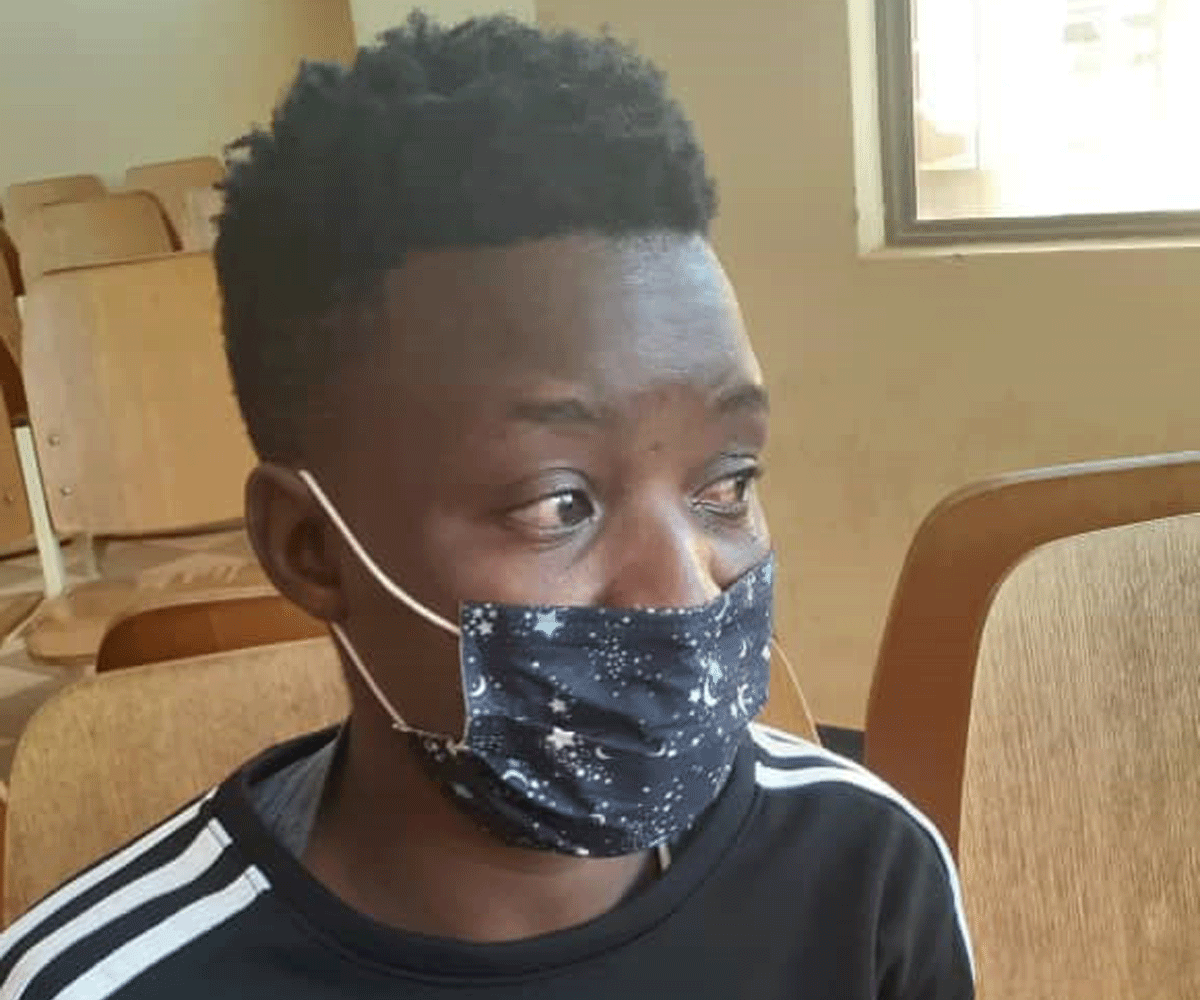Govt officials under the microscope in North West
North West District Council (NWDC) Chairperson, Kebareeditse Ntsogotlho has expressed concern over corrupt government officials across various departments within the region.
Speaking at the opening of this week’s full council meeting in Maun, Ntsogotlho revealed that since April at least 37 cases of corruption against government employees in the district have been reported to the Directorate of Corruption and Economic Crime (DCEC), with land issues the most common offence.
“Out of this number, 20 have been classified for investigation while 17 have been referred to the relevant authorities,” Ntsogotlho explained.
He added that 12 cases are currently in court and 20 before the Directorate of Public Prosecution (DPP).
“In view of this disturbing development, Tawana land board officials and all its sub land board have been capacitated on business ethics save for the board members,” dislosed Ntsogotlho.
The Chairman admitted DCEC has observed a number of loopholes which lead to corrupt practices in various departments. These include, among others: deployment of unskilled personnel in strategic operational areas such as records management unit and procurement and ineffective corruption prevention initiatives.
“Respective departments do not have specific budgets for corruption prevention committees training sessions. As a result, committees always submit the corruption prevention plan to the DCEC but such plans are never implemented due to the budgetary constraints,” he conceded ruefully.
Ntsogotlho also noted that a total of 25 corruption prevention committees have been established in the region, but just 10 are active.
Highlighting another gap in the system, he said, “Instead of reporting suspicions of corruption to the DCEC, heads of departments rather resort to resolving matters internally and taking unnecessary administrative action against the culprits.”
The NWDC top dog is adamant ‘sweeping matters under the carpet’ like this is detrimental to the battle to reduce all forms of corruption in the region.
“In an endeavour to mitigate these loopholes, the Directorate requests for appointments of specific anti-corruption liaison officers across the departments for the purpose of reliability and confidentiality relating to corruption related matters especially investigative ones. Departments are also requested to allocate funds for CPCs training sessions. This will promote implementations of corruption risk assessment and corruption risk management in organisations,” concluded the Chair.













